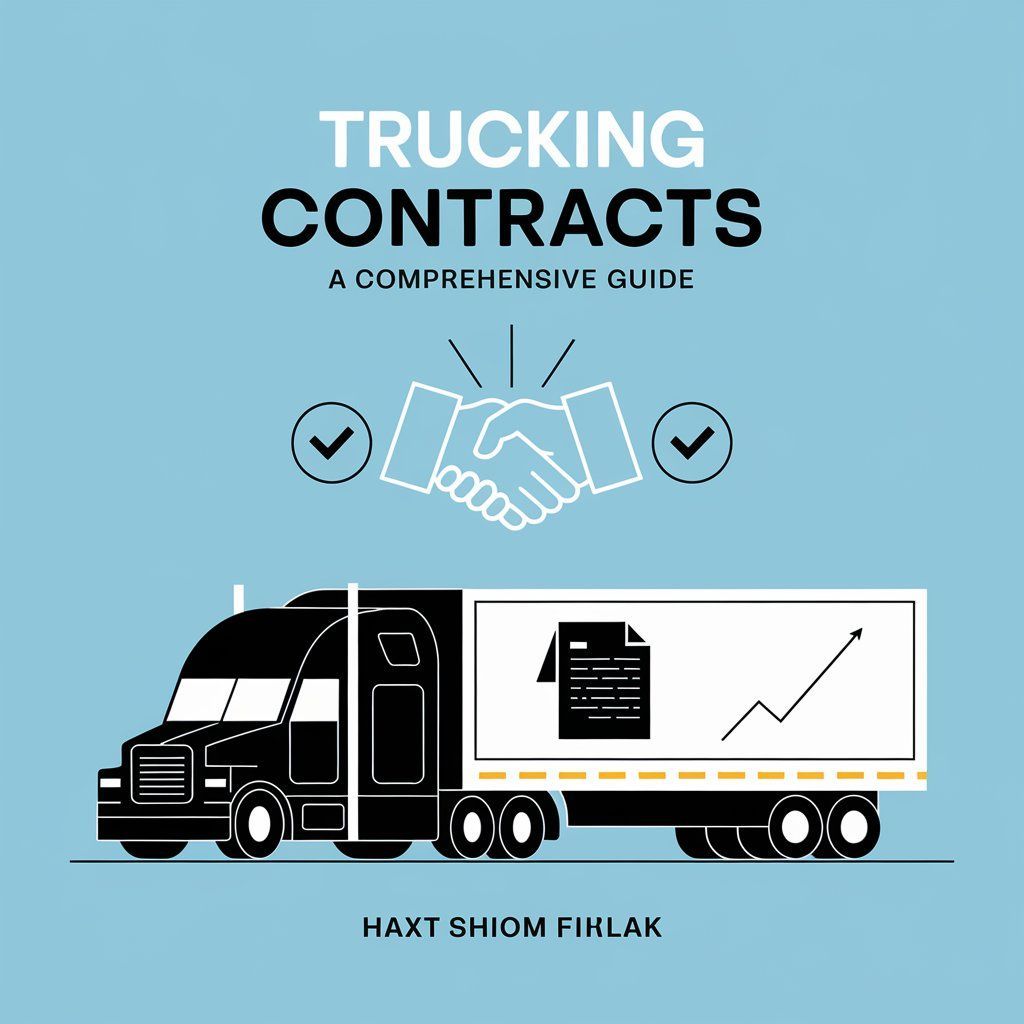How Are Staffing Companies Finding New Clients
Proven Strategies for Staffing Companies to Attract New Clients
In the competitive world of staffing, securing new clients is crucial for growth and sustainability. Staffing companies must continually innovate and adapt their strategies to attract and retain clients. This blog will explore effective methods for staffing companies to find new clients, providing specific examples and resources to support these strategies. Additionally, we'll explain how partnering with Atlas Factoring can support your financial needs.
1. Leveraging Online Presence
In today's digital age, a strong online presence is vital for attracting new clients. Here’s how staffing companies can optimize their online strategies:
Optimize Your Website: Ensure your website is professional, user-friendly, and optimized for search engines (SEO). Include detailed information about your services, client testimonials, and an easy way for potential clients to contact you. Tools like Google Analytics can help monitor your site’s performance and identify areas for improvement.
Utilize Social Media: Engage with potential clients on platforms like LinkedIn, Facebook, and Twitter. Regularly post industry news, success stories, and insights to establish your company as a thought leader. For example, LinkedIn’s Sales Navigator can help identify and connect with decision-makers in your target industries.
Content Marketing: Create and share valuable content such as blogs, whitepapers, and case studies. This positions your company as an expert in the field and attracts clients looking for knowledgeable partners. Platforms like HubSpot can assist in managing and optimizing your content marketing efforts.
2. Networking and Industry Events
Building relationships through networking is a powerful way to find new clients. Here’s how to make the most of these opportunities:
Attend Industry Conferences: Participate in industry conferences and trade shows. These events offer a platform to meet potential clients, showcase your services, and stay updated on industry trends. Events like the Staffing Industry Analysts’ Executive Forum provide excellent networking opportunities.
Join Professional Associations: Become a member of professional associations related to your industry. These organizations often provide networking events, resources, and referrals that can help you connect with new clients. The American Staffing Association (ASA) is a valuable resource for staffing professionals.
Host Webinars and Workshops: Organize webinars and workshops on relevant topics. These events can attract potential clients and demonstrate your expertise in addressing their staffing needs. Tools like Zoom or GoToWebinar can facilitate these virtual events.
3. Referrals and Word-of-Mouth
Referrals and word-of-mouth recommendations are invaluable for gaining new clients. Here’s how to encourage and leverage them:
Ask for Referrals: Don’t hesitate to ask satisfied clients for referrals. Offer incentives, such as discounts or free services, to encourage them to recommend your company to others. A referral program can be managed using platforms like Referral Rock.
Client Testimonials: Collect and showcase client testimonials on your website and marketing materials. Positive reviews from satisfied clients can significantly influence potential clients’ decisions. Platforms like Trustpilot can help manage and display testimonials effectively.
Networking with Existing Clients: Maintain strong relationships with existing clients and encourage them to refer your services to their networks. Regular check-ins and exceptional service can foster these connections. CRM systems like Salesforce can help track and manage these interactions.
4. Strategic Partnerships
Forming strategic partnerships with other businesses can open new avenues for client acquisition. Here’s how to develop these partnerships:
Partner with Complementary Businesses: Identify businesses that offer complementary services and explore partnership opportunities. For example, partnering with HR consulting firms can provide mutual referrals and expand your client base. Tools like LinkedIn can help identify potential partners.
Collaborate on Projects: Work with other companies on joint projects or initiatives. This collaboration can expose your services to a broader audience and generate new leads. Collaboration platforms like Asana or Trello can facilitate joint project management.
Cross-Promotions: Engage in cross-promotional activities with partners. This could include joint marketing campaigns, co-hosted events, or shared resources to reach a wider audience. Marketing automation tools like Mailchimp can help coordinate these efforts.
5. Cold Outreach and Direct Marketing
While more challenging, direct outreach and marketing can still be effective in finding new clients. Here’s how to approach it:
Email Campaigns: Develop targeted email campaigns that address the specific needs of potential clients. Personalize your messages and follow up with leads to build relationships and trust. Email marketing platforms like Mailchimp or Constant Contact can streamline this process.
Cold Calling: Although less common, cold calling can still be effective if done thoughtfully. Research your prospects thoroughly and approach them with tailored solutions to their staffing challenges. Tools like LinkedIn Sales Navigator can help identify and connect with potential leads.
Direct Mail: Send personalized direct mail pieces to potential clients. Include compelling offers or information about your services to capture their interest. Direct mail services like Vistaprint can help create and distribute these materials.
6. Utilizing Technology and Data
Harnessing technology and data analytics can streamline your client acquisition efforts. Here’s how to leverage these tools:
Customer Relationship Management (CRM) Systems: Implement a CRM system to manage your client interactions, track leads, and automate follow-ups. This ensures no potential client slips through the cracks. Platforms like Salesforce or HubSpot CRM are popular choices.
Data Analytics: Use data analytics to identify trends, measure the effectiveness of your marketing efforts, and refine your strategies. Data-driven decisions can improve your client acquisition success rate. Tools like Google Analytics or Tableau can provide valuable insights.
Automation Tools: Utilize automation tools for repetitive tasks such as email marketing, social media posting, and lead nurturing. This frees up your team to focus on high-value activities like building relationships and closing deals. Platforms like Hootsuite or Buffer can manage social media automation.
At Atlas Factoring, we understand the unique challenges that staffing companies face in acquiring new clients. Our factoring services are designed to provide you with the financial stability and flexibility you need to grow your business. By factoring your invoices with Atlas Factoring, you can access immediate cash flow, allowing you to invest in marketing, attend industry events, and pursue strategic partnerships without financial strain.
Apply with Atlas Factoring today and experience the benefits of improved cash flow, reduced administrative workload, and enhanced growth opportunities. Let us help you focus on what you do best – finding and serving your clients – while we handle your financial needs. Contact us now to learn more about our services and how we can support your business.








VISIT US
HOURS
Monday - Friday
8:00am - 5:00pm MST
Closed All Major Holidays
We provide working capital to businesses in all 50 states.



Share On: